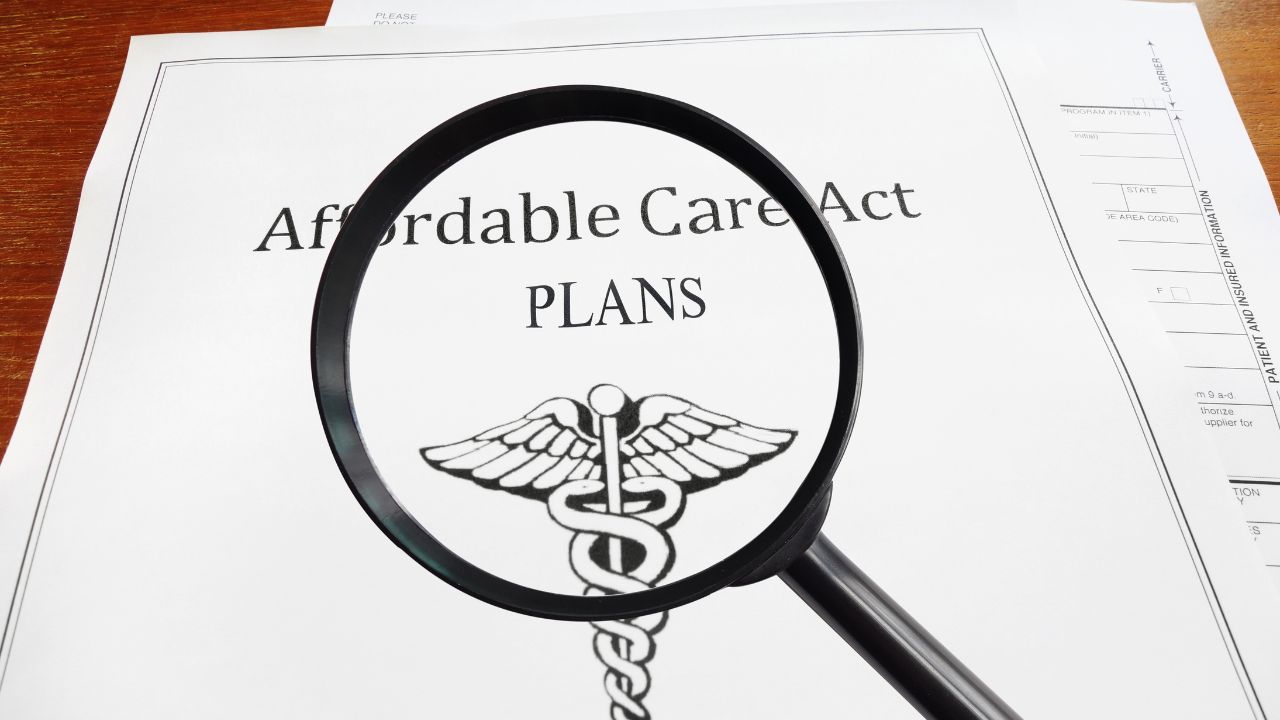 12 months ago
Health
By akhabartime
1143 Views
12 months ago
Health
By akhabartime
1143 Views
Health Insurance in the USA: Everything You Need to Know
In the United States, health insurance is essential for managing medical expenses and ensuring that you and your family have access to the care you need. With the high costs of healthcare and the complexity of insurance plans, understanding how health insurance works is crucial for anyone living in the country. This guide will walk you through the types of health insurance available, how to choose the right plan for you, and some important facts about the system in 2025.
What is Health Insurance?
Health insurance is a contract between an individual (or their employer) and an insurance company that helps cover the costs of medical services. Depending on the plan, health insurance can cover a range of services, from doctor’s visits and hospital stays to prescriptions and preventive care.
In the U.S., health insurance can be purchased through employers, government programs, or privately. The Affordable Care Act (ACA) has expanded access to health insurance, but millions of Americans still find themselves uninsured or underinsured.
Types of Health Insurance in the USA

There are several types of health insurance plans available in the U.S., and each comes with its own set of benefits, limitations, and costs. Here are the main categories:
-
Employer-Sponsored Health Insurance Many Americans receive health insurance through their employer. In this case, the employer usually covers a portion of the premium, and the employee pays the remaining amount. This type of insurance often includes coverage for dependents and offers competitive plans at a lower cost than individual plans.
-
Individual Health Insurance If you are self-employed or do not have access to employer-sponsored insurance, you can purchase health insurance directly through the Health Insurance Marketplace. These plans vary widely in coverage and cost, and financial assistance may be available depending on your income level.
-
Government-Sponsored Health Insurance Programs Several government programs provide health insurance coverage for eligible individuals:
- Medicare: This federal program provides health coverage for people aged 65 and older, as well as for younger individuals with disabilities.
- Medicaid: Medicaid is a joint federal and state program designed to provide coverage to low-income individuals and families. Eligibility varies by state.
- Children’s Health Insurance Program (CHIP): CHIP offers low-cost health coverage to children in families who earn too much to qualify for Medicaid but cannot afford private insurance.
- The Affordable Care Act (ACA) Marketplace: The ACA created a marketplace for individuals and families to shop for health insurance plans with subsidies based on income. Open enrollment for the Marketplace occurs annually.
-
Short-Term Health Plans Short-term health plans are designed to provide temporary coverage for individuals who are between jobs or waiting for other coverage. These plans generally offer limited benefits and do not cover pre-existing conditions.
-
Catastrophic Health Insurance Catastrophic health insurance is a low-cost, high-deductible plan designed to protect against worst-case scenarios, such as serious accidents or illnesses. These plans typically have a low monthly premium but a high deductible, and they cover essential health benefits after the deductible is met.
How Health Insurance Works

Health insurance works by sharing the financial risk of healthcare costs between the individual and the insurance company. When you sign up for a plan, you pay a monthly premium, which can range from a few hundred to over a thousand dollars depending on the type of coverage.
In addition to premiums, you may also have to pay:
-
Deductibles: The amount you pay out-of-pocket for services before your insurance kicks in. For example, if your plan has a $2,000 deductible, you would need to pay that amount in medical expenses before the insurance covers the remaining costs.
-
Copayments and Coinsurance: These are your share of the costs for a medical service. A copayment is a fixed amount you pay (e.g., $30 for a doctor’s visit), while coinsurance is a percentage of the service cost you are responsible for (e.g., 20% of the bill).
-
Out-of-Pocket Maximums: This is the maximum amount you’ll pay in a plan year. Once you reach this amount, the insurance company pays 100% of your medical expenses.
Choosing the Right Health Insurance Plan

Choosing the right health insurance plan can be overwhelming, especially with the wide variety of options available. Here are some important factors to consider:
-
Budget and Premiums
How much can you afford to pay for insurance each month? Premiums vary significantly, so it’s essential to balance the monthly cost with the benefits and coverage offered by the plan. -
Network of Doctors and Hospitals
Make sure your preferred doctors and hospitals are covered by the plan you choose. Many health plans have a network of providers, and you may have to pay more for care outside of that network. -
Coverage for Medical Needs
Consider your current and future health needs. For example, if you are planning to start a family, ensure that your plan covers maternity care. If you take regular prescription medications, check the plan’s prescription drug coverage. -
Out-of-Pocket Costs
Pay attention to the deductibles, copayments, and coinsurance. Even if a plan has a low premium, it could have high out-of-pocket costs that make it more expensive in the long run. -
Preventive Care
Many health insurance plans cover preventive care, such as vaccinations, screenings, and check-ups, without requiring you to meet the deductible. Check to see if preventive services are included in the plan.
The Importance of Health Insurance
Health insurance is essential not just for your health, but also for financial protection. Medical bills can be overwhelming, especially in the event of serious illness or accidents. Health insurance provides access to necessary medical services and helps protect against potentially catastrophic expenses.
Additionally, the Affordable Care Act mandates that individuals maintain health insurance or pay a tax penalty (in most states). Having health insurance ensures that you’re in compliance with the law while protecting your financial future.
Health Insurance Trends in 2025
As healthcare costs continue to rise, health insurance in 2025 is expected to focus on more affordable coverage and preventative care. Here are some key trends to watch:
-
Telemedicine Expansion
With the rise of digital health solutions, more health insurance plans are integrating telemedicine services. This allows individuals to consult with healthcare professionals remotely, which is particularly useful for those living in rural areas or with mobility issues. -
Mental Health Coverage
More insurance plans are recognizing the importance of mental health and offering coverage for therapy, counseling, and other mental health services. -
Health Savings Accounts (HSAs)
These tax-advantaged accounts are becoming more popular as a way to save for medical expenses. Many employers are offering HSA-compatible plans to help employees save money for future healthcare needs. -
Employer-Sponsored Health Benefits
With the changing workforce dynamics, more companies are offering health benefits tailored to their employees’ needs, such as flexible health savings accounts and wellness programs.
Conclusion
Navigating health insurance in the USA can be challenging, but understanding your options and choosing the right plan is essential for both your health and your financial well-being. Whether you’re exploring employer-sponsored coverage, government programs, or individual plans through the Marketplace, having the right health insurance plan can make a significant difference in the quality of care you receive and the financial protection you have.
In 2025, health insurance will continue to evolve, with a greater focus on affordability, preventative care, and expanded access to telemedicine and mental health services. By carefully evaluating your healthcare needs and budget, you can make an informed decision that best suits your lifestyle.

